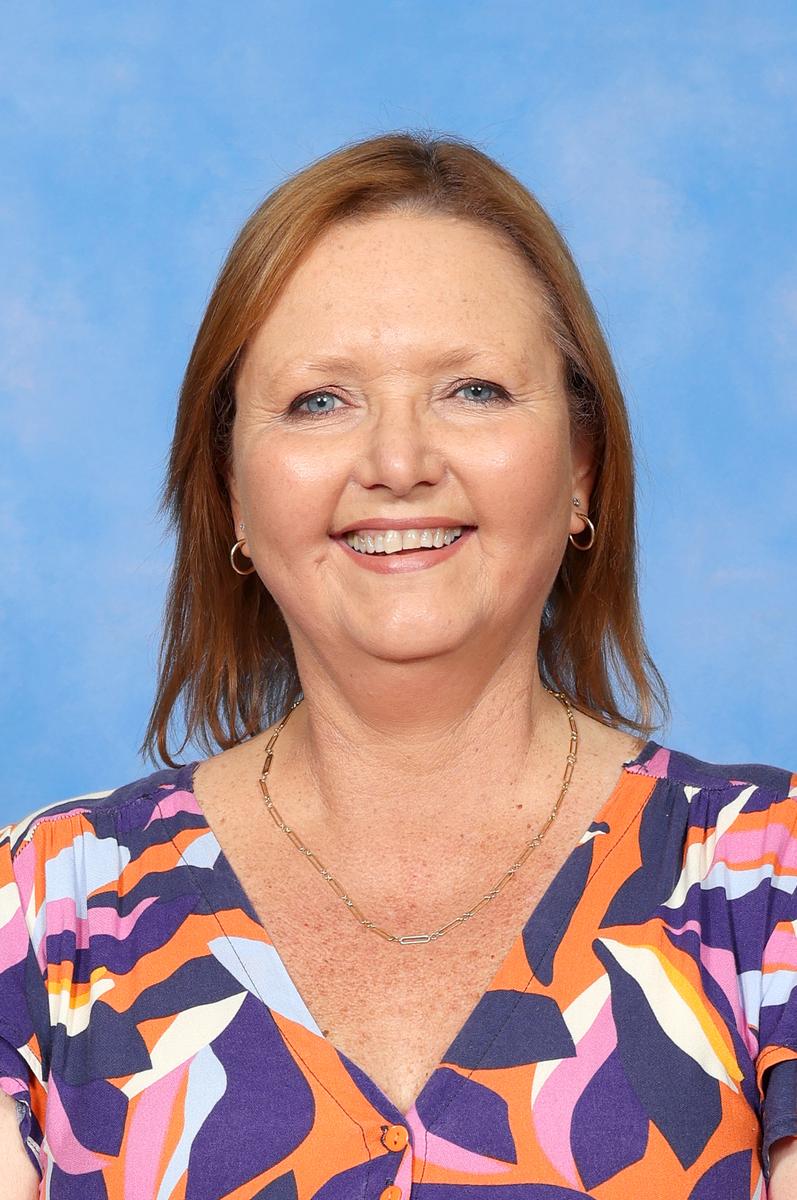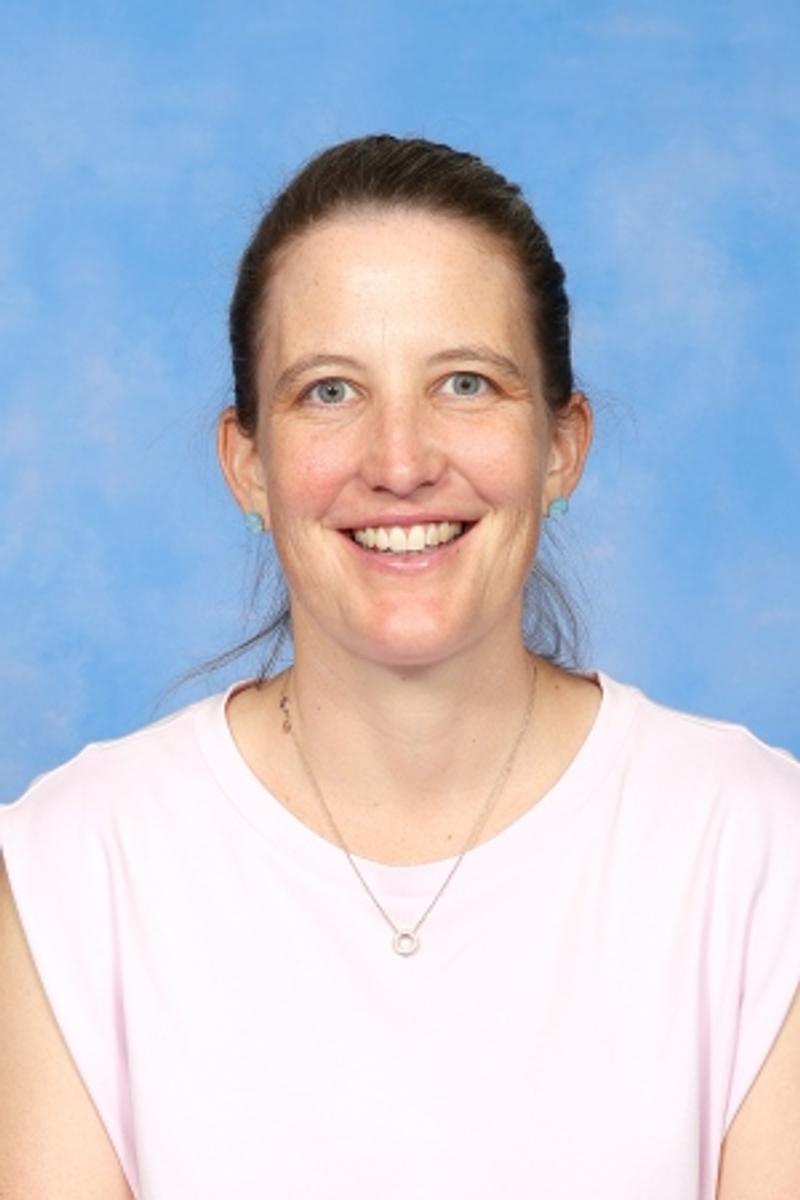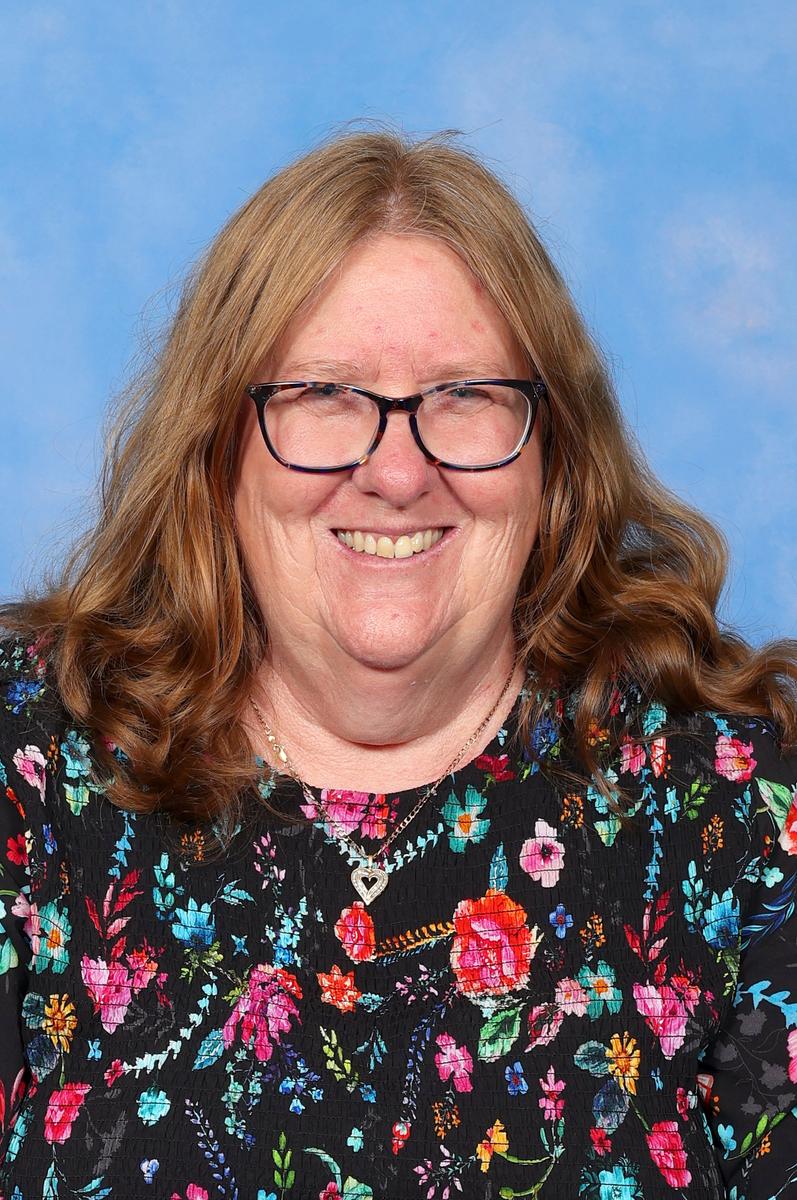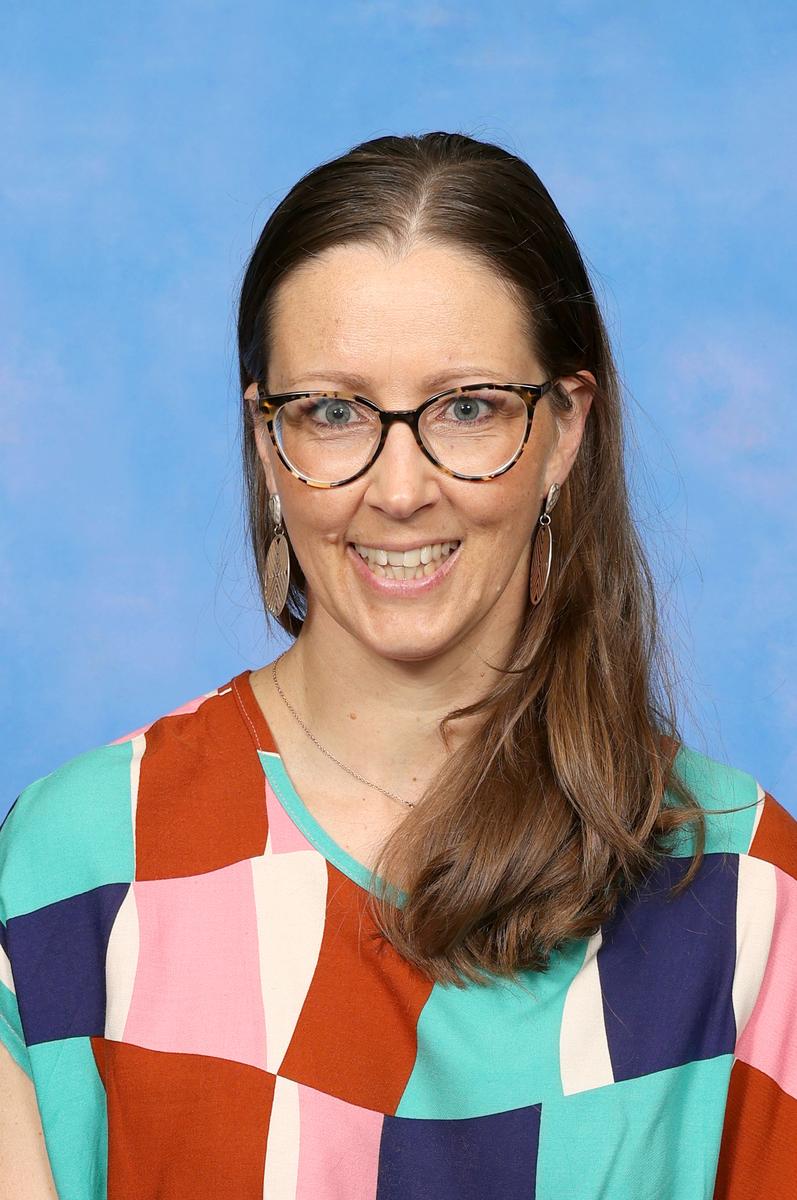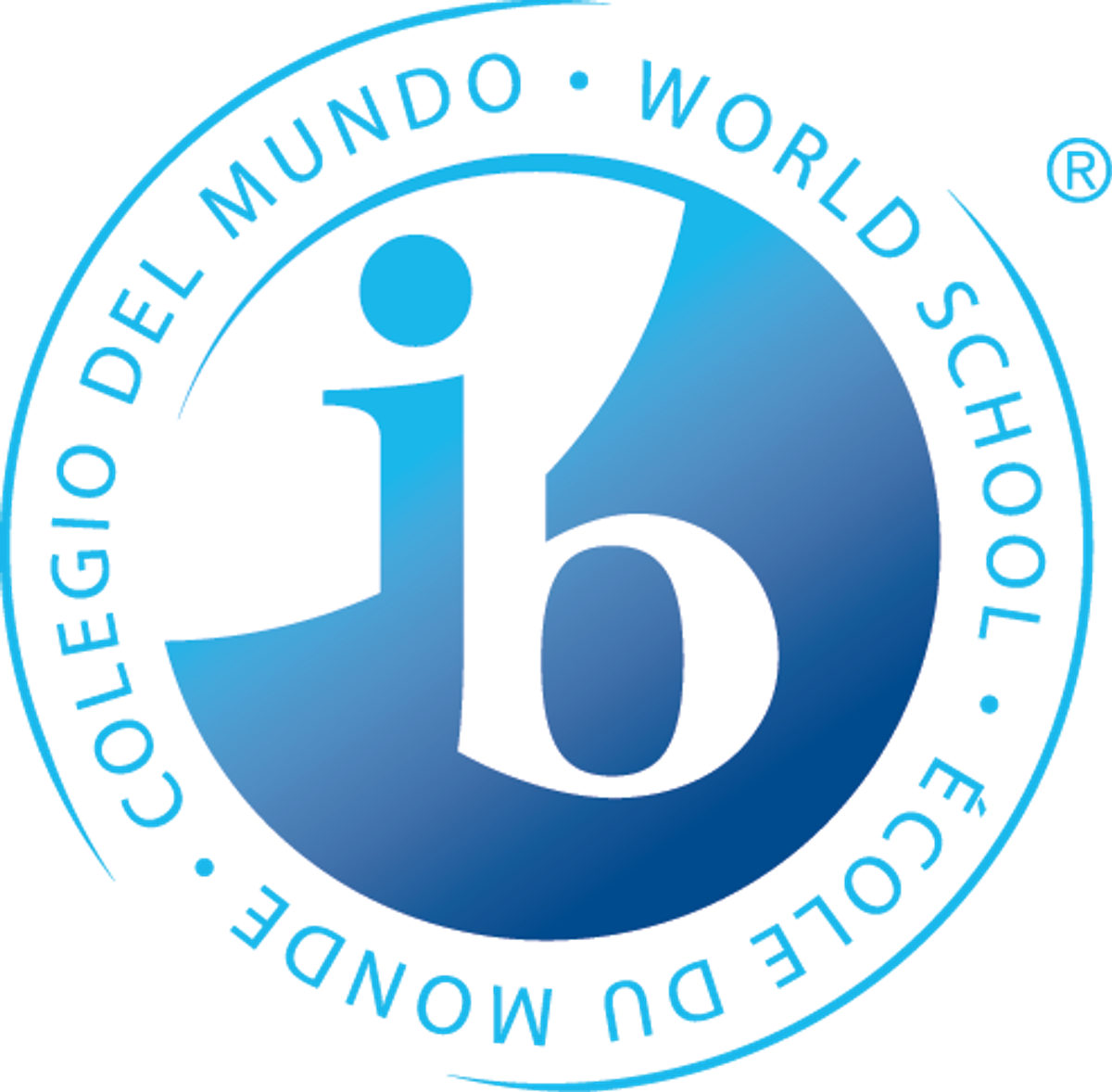Curriculum News Year 2
Term 3, 2024

Curriculum News Year 2
Term 3, 2024
Welcome to Term 3! We have an interesting term ahead with many exciting activities and events planned to engage and stimulate our learning.
Sharing the planet
Living things go through a process of change
This term students will be introduced to many minibeasts and their life cycles, features and behaviours. They will observe, draw and make predictions about a mystery minibeast as it changes forms. They will observe bees, crabs, spiders, moths and ladybirds and learn how they survive and help the environment. The students will then create a poster on their chosen minibeast to present to the class.
We will continue to use the Daily 5 framework when completing our literacy activities. The 5 elements include:
1. Read to self
2. Read to someone
3. Listen to reading
4. Word work
5. Work on writing
This term we are continuing with our SMART spelling approach. SMART Spelling is based around whole words with an emphasis on meaning and vocabulary development.
Students must be able to read their spelling words, understand what they mean and how to use them. The students complete daily word work activities using their chosen weekly spelling words and then complete dictation and a weekly spelling test on a Friday.
This term our main focus for writing will be Information Reports. The students will learn how to set out an information report with a clear heading and sub-headings. The students will also learn about using facts rather than opinions in their information reports. They will use specific language and word choice and learn how to draw a labelled diagram.
The students will continue to focus on narrative writing weekly during our literacy rotations with the emphasis being on punctuation, bold beginnings, mighty middles and excellent endings.
Students will also be exposed to the qualities which make for good writing through the Writing Traits.
These are:
During this term we will continue to focus on various reading strategies from the Literacy CAFÉ system to improve and enhance the student’s reading. The strategies will fall into one of four categories of Comprehension, Accuracy, Fluency and Expand Vocabulary. The students will also focus on improving their expression and fluency through reading ‘Good Fit’ books.
Grammar
The students will work on developing their editing skills. We will be revising the use of punctuation, including full stops, commas, speech marks, exclamation marks and capital letters. We will also continue to revise, adjectives, nouns and verbs and introduce synonyms and antonyms through a variety of games and activities.
Speaking & Listening
This Term, we are focusing on listening carefully and with respect when teachers and other students are speaking. As part of our unit of inquiry 'Sharing the Planet', the students will be preparing a poster and oral presentation at school as one of their Learning Tasks.
Numeracy
We are looking forward to another busy and fun term in Numeracy as we continue to develop the student’s skills in Number knowledge. We will continue with the ‘The Math Daily 3’ of Math by myself, Math with someone and Math writing. We will be building on our knowledge by utilising various concrete materials and manipulatives to reinforce learning and clarify the student’s understanding of the concepts through practical real-life experiences.
We are also continuing with focus groups, where the teacher will work with a small group of children who have a similar misunderstanding of a maths concept, and we work together to try and consolidate their knowledge through activities and worksheets.
Number Fluency
Prior to commencing our Maths lessons, the students have continued to practise their maths fluency and number facts by engaging in a variety of activities where they are required to share their reasoning and strategies. We will continue with prompts where the children are presented with a problem/activity and then have to apply different strategies to try and solve it.
Number and Algebra
During Term 3 the students will continue to focus on the area of number and algebra, particularly multiplication as repeated addition, groups and arrays. The students will learn to recognise and represent division as sharing and grouping into equal sets and solve simple problems using these representations.
Measurement
During our applied Maths sessions, we will be measuring and comparing objects based on length, capacity and mass using appropriate uniform informal units and smaller units for accuracy when necessary. We will be discussing the language and tools used for each of these areas of measurement e.g., for length we can use rulers, measuring tapes etc and the units we measure in are centimetres, metres and kilometres.
The students will be further developing their logical thinking skills through working on their understanding that objects can be moved, however changing position does not alter an object’s size or features. They will work on investigating the effect of flipping, sliding or turning objects and shapes. The students will be given opportunities to predict and reproduce patterns using half and quarter turns of different shapes.
Space
In space, we will be learning to recognise, compare and classify shapes, referencing the number of sides and using spatial terms such as ‘opposite’, ‘parallel’, ‘curved’ and ‘straight’. We are learning about common 3D shapes and the language used to describe a 3D shape.
Students will continue lessons from the Resilience Project as well as the cyber safety project. Students are successfully working their way through lessons focused on developing skills in empathy, gratitude, and mindfulness and these have been linked in with our units of inquiry where applicable.
Our focus for Term 3 for the Resilience Project will be gratitude, while Cyber Safety lessons will continue to build students understanding of safe online practices including strategies to manage their emotions online and developing students’ capacity to make responsible choices online.
July- Thinkers
We use critical and creative thinking skills to analyse and take responsible action on complex problems. We exercise initiative in making reasoned, ethical decisions.
August- Balanced
We understand the importance of balancing different aspects of our lives - intellectual, physical, and emotional to achieve well-being for ourselves and others. We practice mindfulness to create a calm and relaxed environment
September- Open-minded
We show appreciation for our own cultures and personal histories. We respect the values and traditions of others. We seek and evaluate a range of points of view.
